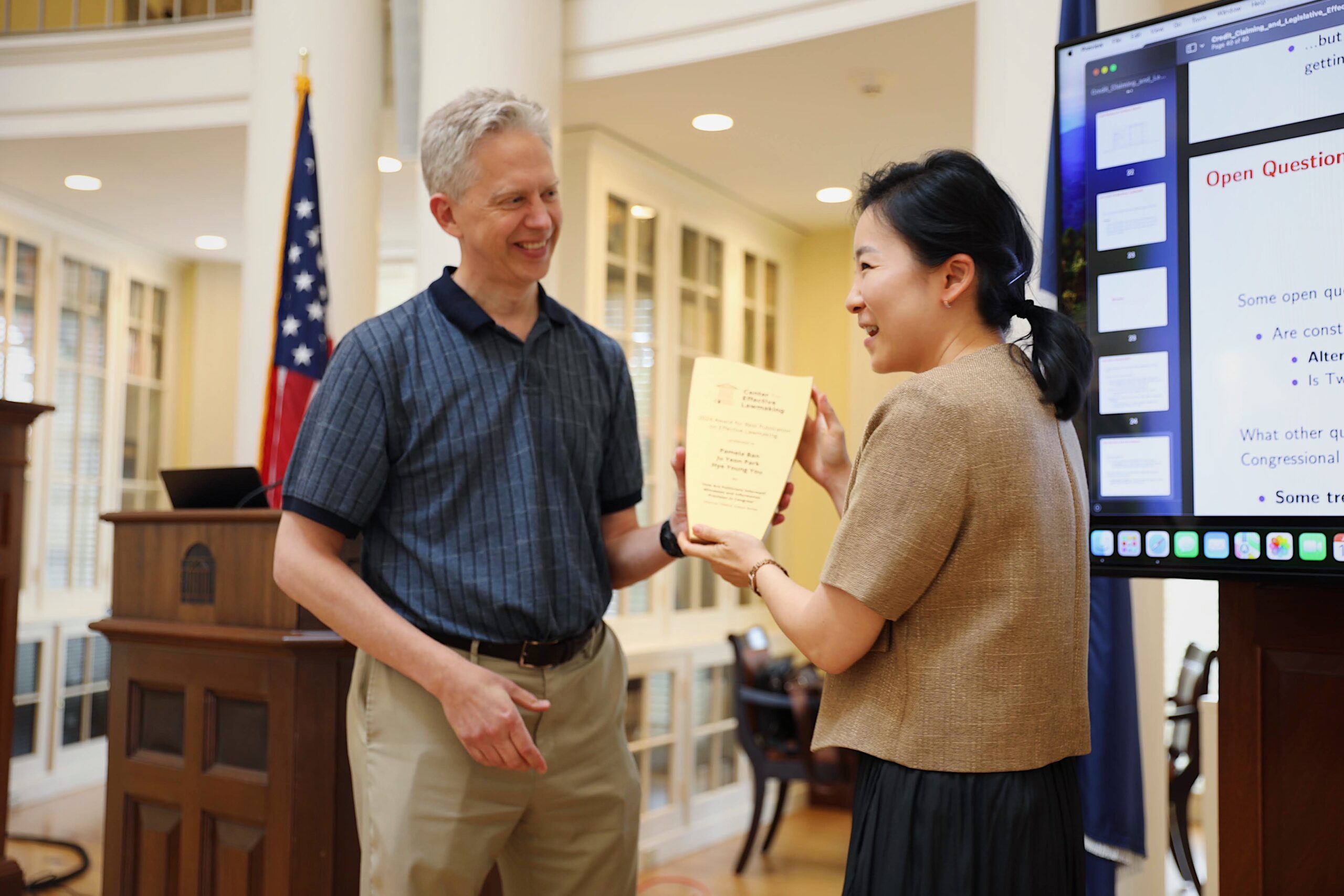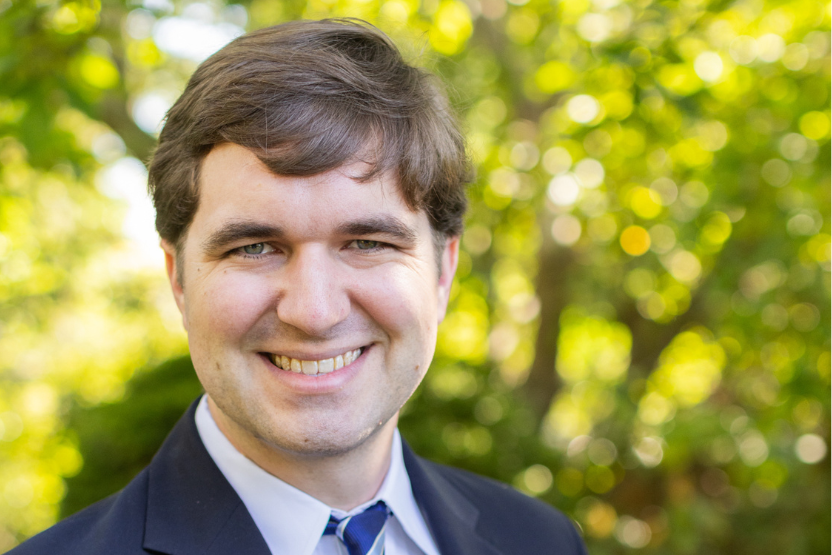Ju Yeon “Julia” Park (r) being presented with the CEL’s Best Publication award by co-director Craig Volden (l) (Photo by Jenna Huber, Batten School).
The CEL's 2024 Award for Best Publication on Effective Lawmaking
The Center for Effective Lawmaking (CEL) was pleased to announce the recipient of the 2024 Award for the Best Publication on Effective Lawmaking at our Sixth Annual Research Conference, at the University of Virginia on Monday, June 10, 2024. The recipients of this year’s award are Pamela Ban (UC San Diego), Ju Yeon “Julia” Park (The Ohio State University and CEL Faculty Affiliate), and Hye Young You (Princeton University and CEL Faculty Affiliate) for their article in the American Political Science Review, “How are Politicians Informed? Witnesses and Information Provision in Congress.”
In this paper, the authors construct an incredibly rich dataset by drawing on testimony from more than 750,000 witnesses in more than 74,000 congressional committee hearings in the House and Senate between 1960-2018, which allows them to identify the industry/sector affiliation of different witnesses, and the nature of the content that they presented to Congress. In creating this dataset, the authors are able to analyze what kinds of witnesses are called before different committees, and how the nature of those witnesses and the content of their testimony varies, depending on a given committee’s engagement with the legislative process, as well as the partisan and institutional environments of particular congresses.
In addition to providing readers with a valuable granular picture of who is called to present before committees, when they are invited to appear, and the nature of their testimony, the authors advance several important findings that speak directly to scholarly and practitioner debates over the internal organization of Congress, and how Congress seeks to acquire information as part of the lawmaking process. More specifically, the authors find that committees are more likely to hear testimony from more analytically-oriented witnesses (including members of the federal bureaucracy) when they are engaging in a more exploratory stage of the legislative process, in that committee leadership hasn’t proposed and/or endorsed a specific bill yet. The authors also find that committees are more likely to hear testimony from members of the federal bureaucracy during times of unified government, which speaks to ways in which separation of powers relations interact with party affiliations to facilitate or inhibit expertise acquisition. The authors also demonstrate that those House committees who were most reliant on the Office of Technology Assessment were those same committees that invited fewer technically-oriented witnesses following the abolition of the office under Speaker Gingrich in the 104th Congress, which points to important spillover consequences that emerged from this abrupt decrease in congressional capacity in the mid-1990s.
The CEL greatly appreciated the novel contributions that this paper makes to our understanding of committee politics and information acquisition in Congress. Moreover, we also greatly appreciate the importance of the incredibly valuable dataset that was created by the authors; and we are confident that this dataset will serve as the foundation for a wide range of important research activities in the future, as scholars (in addition to Ban, Park, and You) strive to understand the relationships between expertise acquisition, agenda setting, and effective lawmaking.
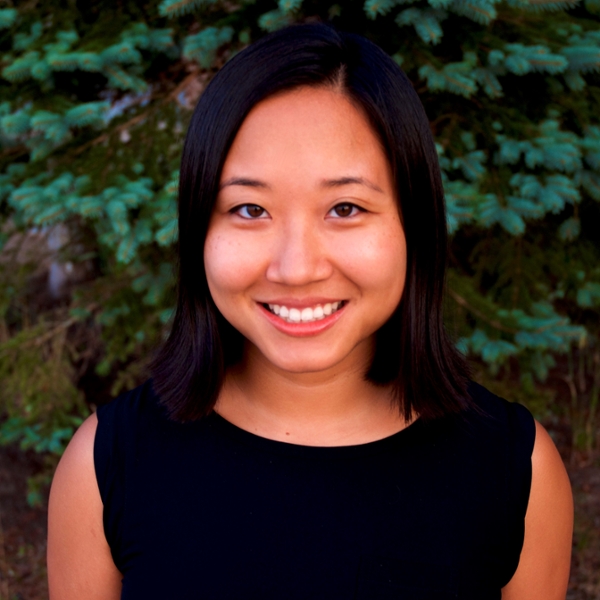
Pamela Ban
Pamela Ban is an Assistant Professor at the Department of Political Science at UC San Diego. Her research interests are in American politics and political economy. She focuses on electoral politics, legislatures, political parties, and how these institutions influence the behavior of political actors. Currently, she is working on various projects that study congressional committees, power within Congress, and lobbying. She received a Ph.D. in Political Economy and Government from Harvard University in 2018 and a BA in Applied Mathematics from Harvard University in 2012.
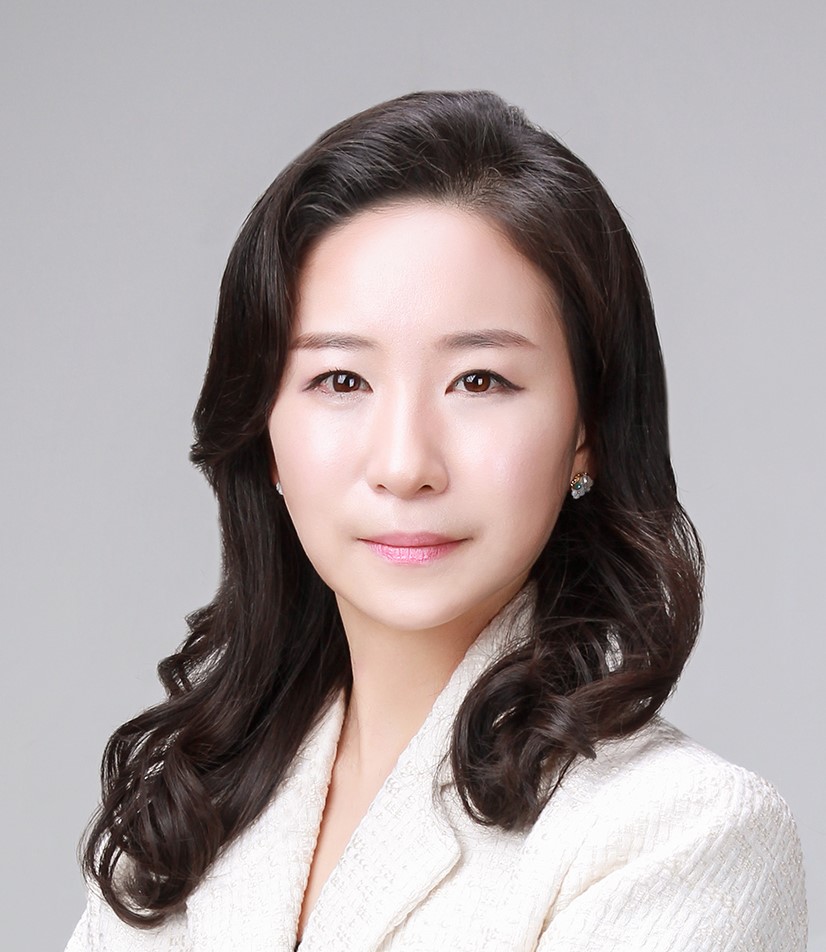
Ju Yeon (Julia) Park, Ohio State University
Ju Yeon (Julia) Park is an Assistant Professor at the Department of Political Science at Ohio State University. Her research focuses on politicians’ legislative and communication styles they choose to perform under various institutional constraints in American politics context, and she further explores electoral consequences and policy implications resulting from their stylistic choices. For the research, she uses text analysis, formal modeling and experimental methods. Dr. Park's research has been published at the Proceedings of the National Academy of Sciences, American Political Science Review, Journal of Politics, Legislative Studies Quarterly, Electoral Studies and more. Her research has been featured in media outlets such as the Washington Post, Bloomberg, Roll Call, and FiveThirtyEight. She received her Ph.D. in Politics from New York University in 2015.
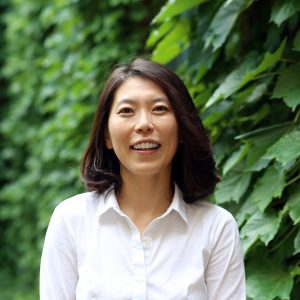
Hye Young You, New York University
Hye Young You is Associate Professor in the Department of Politics and School of Public and International Affairs at Princeton University. Her primary research interest focuses on how organized interests and money influence democratic representation in the US, at both the national and local levels. In particular, her research explores the mechanism behind the lobbying process and sheds light on organized interest groups that play crucial roles in the political process, but have been understudied such as local governments and foreign interests. She is also interested in public finance and the quality of government services at municipal governments in the US. She received her Ph.D. in political economy and government from Harvard University in 2014.

